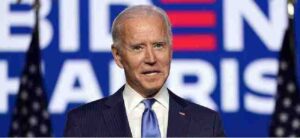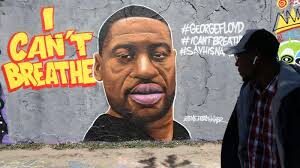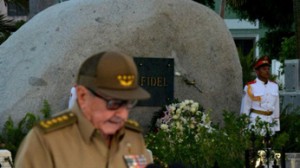The Kiev offices of Ukrainian President Viktor Yanukovych are unguarded, with opposition protesters apparently in full control of the government district, say BBC correspondents.
The BBC’s Kevin Bishop says he was able to enter the complex unchallenged. Opposition leaders say President Yanukovych, whose whereabouts are unknown, must stand down immediately.
They have called for elections by 25 May – not by the end of December as envisaged in Friday’s peace deal. Despite the EU-mediated agreement signed on Friday, thousands of people have remained on the streets of Kiev. As parliament met on Saturday morning, its speaker Volodymyr Rybak resigned, citing ill health.Vitaly Klitschko, leader of the opposition Udar party, told MPs: “We must, as the people demand, adopt a resolution calling on Yanukovych to immediately resign.”
President Yanukovych is not in parliament – there are unconfirmed reports he has left Kiev, with suggestions that he has travelled to Kharkiv in the east, close to the Russian border.
Reuters quoted an unnamed senior security force as saying “everything’s OK” with the president and that he was still in the country.
‘He’s not here’
The protests first erupted in late November when Mr Yanukovych rejected a landmark association and trade deal with the EU in favour of closer ties with Russia.
On Thursday, police opened fire on protesters who have been occupying Independence Square in central Kiev. The health ministry said 77 people – both protesters and police – had been killed since Tuesday in the worst violence since protests began in November.
Our correspondent says there is no sign of security forces inside the previously heavily guarded presidential complex, though some government employees arrived for work.
Protesters are standing in the grounds of the building in disbelief, he adds.
“He’s not here, none of his officials or anyone linked directly to the administration are here,” said Ostap Kryvdyk, a protest leader, referring to the president.
Correspondents say police appear to have abandoned posts across the city, while the numbers gathered in Independence Square – known as the Maidan – are growing.
One of the far-right movements which have been a key part of the protests had threatened to take action if the president did not resign by Saturday morning.
The political pact was signed on Friday by President Yanukovych and opposition leaders after mediation by EU foreign ministers.
It says a unity government will be formed and elections held by the end of the year, but the opposition say this is not soon enough.
The deal has been met with scepticism by some of the thousands of protesters who remain in the square. Opposition leaders who signed it were booed and called traitors.
The agreement, published by the German foreign ministry, includes the following:
• The 2004 constitution will be restored within 48 hours and a national unity government will be formed within 10 days
• Constitutional reform balancing the powers of president, government and parliament will be started immediately and completed by September
• A presidential election will be held after the new constitution is adopted but no later than December 2014, and new electoral laws will be passed
• An investigation into recent acts of violence will be conducted under joint monitoring from the authorities, the opposition and the Council of Europe
• The authorities will not impose a state of emergency and both the authorities and the opposition will refrain from the use of violence
• Both parties will undertake serious efforts for the normalisation of life in the cities and villages by withdrawing from administrative and public buildings and unblocking streets, city parks and squares
• Illegal weapons will be handed over to interior ministry bodies
Polish Foreign Minister Radoslaw Sikorski tweeted that the deal was a “good compromise for Ukraine” that would open the way “to reform and to Europe”.
The US and Russian presidents have agreed that the deal needs to be swiftly implemented, officials say.
The White House praised “the courageous opposition leaders who recognised the need for compromise” but said it remained prepared to impose sanctions if the violence continued.
Russia’s Vladimir Putin told Barack Obama in a telephone conversation on Friday that Russia wants to be part of the implementation process, a US State Department spokesperson said.
Shortly after the deal was signed, Ukraine’s parliament approved the restoration of the 2004 constitution, which reduces the powers of the president.
All but one of the 387 MPs present voting in favour, including dozens of MPs from Mr Yanukovych’s own Party of Regions.
Parliament also approved an amnesty for protesters accused of involvement in violence.
MPs voted for a change in the law which could lead to the release of Yulia Tymoshenko, an arch-rival of Mr Yanukovych. – BBC news




